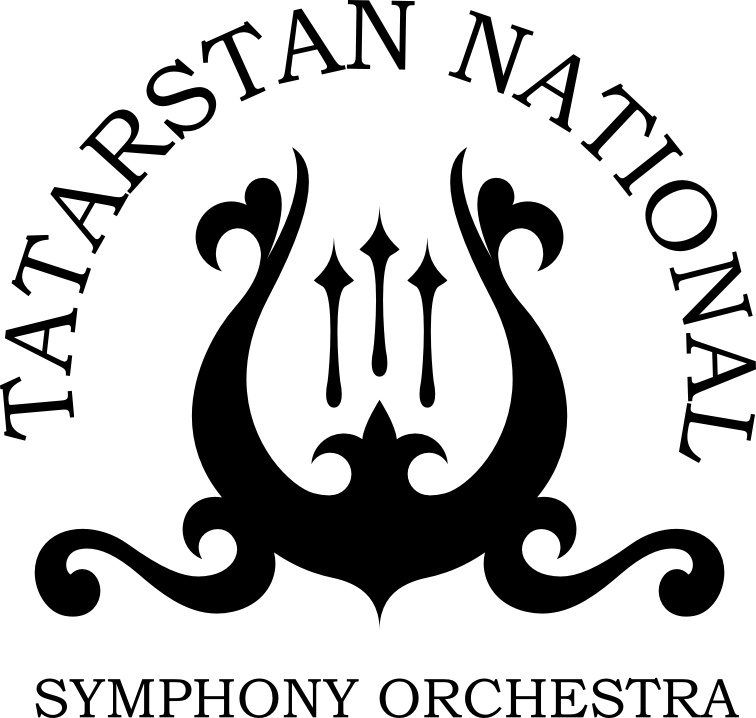Russian Federation Mozart, Mahler, R. Strauss: Albina Shagimuratova (soprano), Tatarstan National Symphony Orchestra / Alexander Sladkovsky (conductor). Streamed by the Moscow Philharmonic Society from the Tchaikovsky Concert Hall, Moscow, 6.4.2022. (GT)World-class Albina Shagimuratova shines in Mahler and Strauss songs


Albina Shagimuratova
Mozart – Symphony No.29 in A major, K.201/186a
R. Strauss – Don Juan in E major, Op.20
Mahler – Rückert-Lieder
This was the latest in a series of subscription concerts for the TNSO under the auspices of the Moscow Philharmonic Society. The last time I heard this ensemble was in a programme of Strauss and Mahler, which was before the pandemic (and the current invasion of Ukraine); so it was encouraging to see the orchestra back in full force even though the pandemic is still threatening public health (audiences are still required to wear masks in all public venues).
I cannot recall hearing this orchestra play Mozart, so it was a pleasant to readjust after hearing Scottish Chamber Orchestra’s Maxim Emelyanychev tackling Mozart with period performance instruments. There is a Russian tradition of playing Mozart; the violist Rudolph Barshai achieved breakthroughs in programming all the Mozart symphonies with the Moscow Chamber Orchestra, and before which Tchaikovsky regarded Mozart with great love and respect dedicating one of his orchestral suites to the Austrian maestro while his student Taneyev was a great interpreter of Mozart’s sonatas, concertos and chamber works, not only in Russia, but in Czechia and in Germany at the beginning of the twentieth century.
Alexander Sladkovsky used a small chamber ensemble yet with modern instruments, this symphony possesses those qualities of what Hans Keller called ‘an unsuspected degree of profundity’. Indeed the playing was intensely beautiful in the opening movement; Allegro moderato, with outstanding solos from the oboe of Andrey Shubin bringing a graceful idiom and a particularly fine contribution from Alina Yakonina on the violin was of great beauty. In the graceful Andante, it was intriguing to catch the second theme hinting at the that from the first movement of the Sinfonia Concertante, and in the Menuetto, Sladkovsky masterfully took a dashing rhythm with octave unisons between the oboes and horns bringing a level of humour. In the finale (Allegretto con spirito) the conductor found freshly exciting expression from the flawless strings, executed with a bravura and brilliantly virtuosic gusto bringing this symphony to a close, reminding one of Einstein’s words that this symphony ‘belongs to Mozart’s finest creations’.
Following the interval, with a full orchestra on stage, the Don Juan tone poem offered a quite different masterpiece – the first work to present Richard Strauss as a master in orchestration and musical expression. Having heard this ensemble under Sladkovsky present brilliant performances in recent years, this evening offered one keen anticipation of a significant event. This expectancy was justified after the opening bars of this splendidly exciting work by the magnificent first theme (Allegro molto con brio) in the golden bloom of the orchestra’s beautifully rich strings, supplemented by virtuoso woodwind – there was an outstanding solo violin passage from Yakonina and Shubin on oboe produced an eloquently expressed idea – graceful and feminine in tonality before the secondary idea burst in gloriously heroic tone on the horns. This became rhapsodic and embraced colourful harmonies, embellished by fine solos from Venera Porfireva on the flute, Shubin again on oboe, and Artur Muchamedzhin on the clarinet in moving, softly caressing passages. Then the mood became upbeat with the gorgeously rich horns before a tantalising passage full of suspense before a tremendous drive and build in excitement. The spell was broken by the mysterious pianissimo chord before the final dramatic bars.
Born in Tashkent, Albina Shagimuratova has been a frequent and popular soloist in concerts with Sladkovsky and his orchestra for many years. I am not aware how often Shagimuratova has sung the Rückert-Lieder (infrequently performed here). Nevertheless she presented a movingly intimate portrayal of these romantic poems revealing the soprano as an important interpreter of Mahler’s song cycle.
The first two songs of Mahler’s Sieben Lieder aus der letzter Zeit from Des Knaben Wunderhorn were added to the cycle and the opening Revelge featured horns, trumpets and a brief military march. In this outstanding portrayal by the soloist, one hardly needs the texts to understand how the soprano expresses everything through her voice and face, especially her eyes with sporadic arm gestures. In the second song, Der Tamboursgs’sell the mood was deeply sad, tragic, and yet languid and doleful, with interjection from the magnificent brass. However, in Blicke mir nicht in die Lieder, a picture was drawn of a dark, garish world, while in Um Mitternacht, we heard masterly and characterful playing from the celeste, oboe and clarinet. In the final song, the most beautiful singing was expressed in Leibst du um Schönheit, with especially fine accompaniment from Yakonina on the solo violin, and very moving singing against hushed strings, in all bringing to a close this marvellous performance.
Of the two encores we heard, the first was Strauss’s Morgen with a glorious orchestral introduction – and quite a different mood from the Mahler songs – the soprano singing wonderfully and in character. It seemed as if this was much more feeling in her voice than the Ruckert-Leider no matter how well she sang the Mahler. Her singing now was as if from a different world of colour and harmony. Shagimuratova gave us another Strauss song, again another love poem, this time Cäcilie. This was singing and music-making of heavenly beauty, and still after which, the grateful audience wanted more, but this was already enough and a great evening closed with Sladkovsky escorting his orchestra and singer off the stage to continuing celebratory applause.
Gregor Tassie
Link to the original source:
« back



